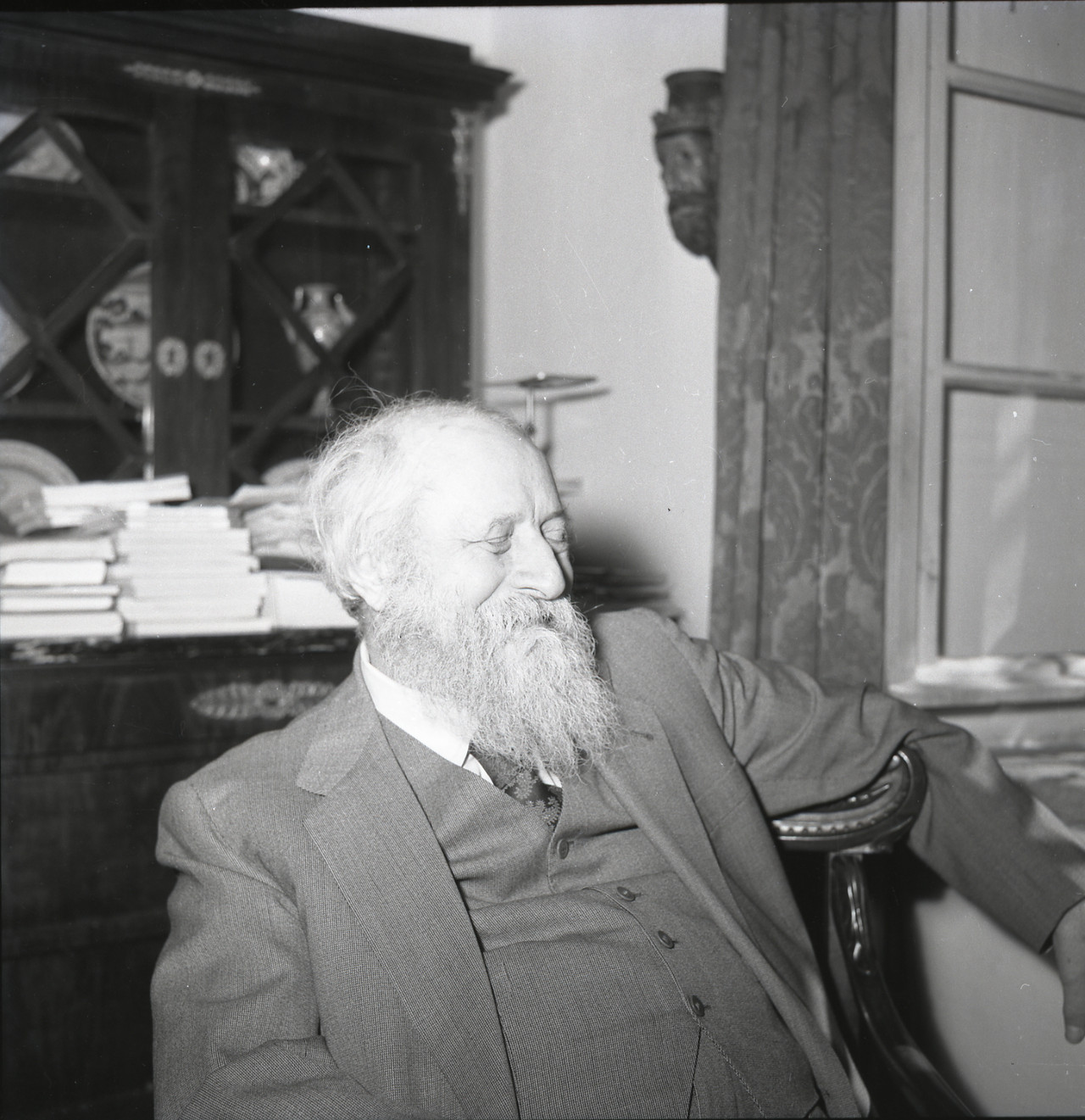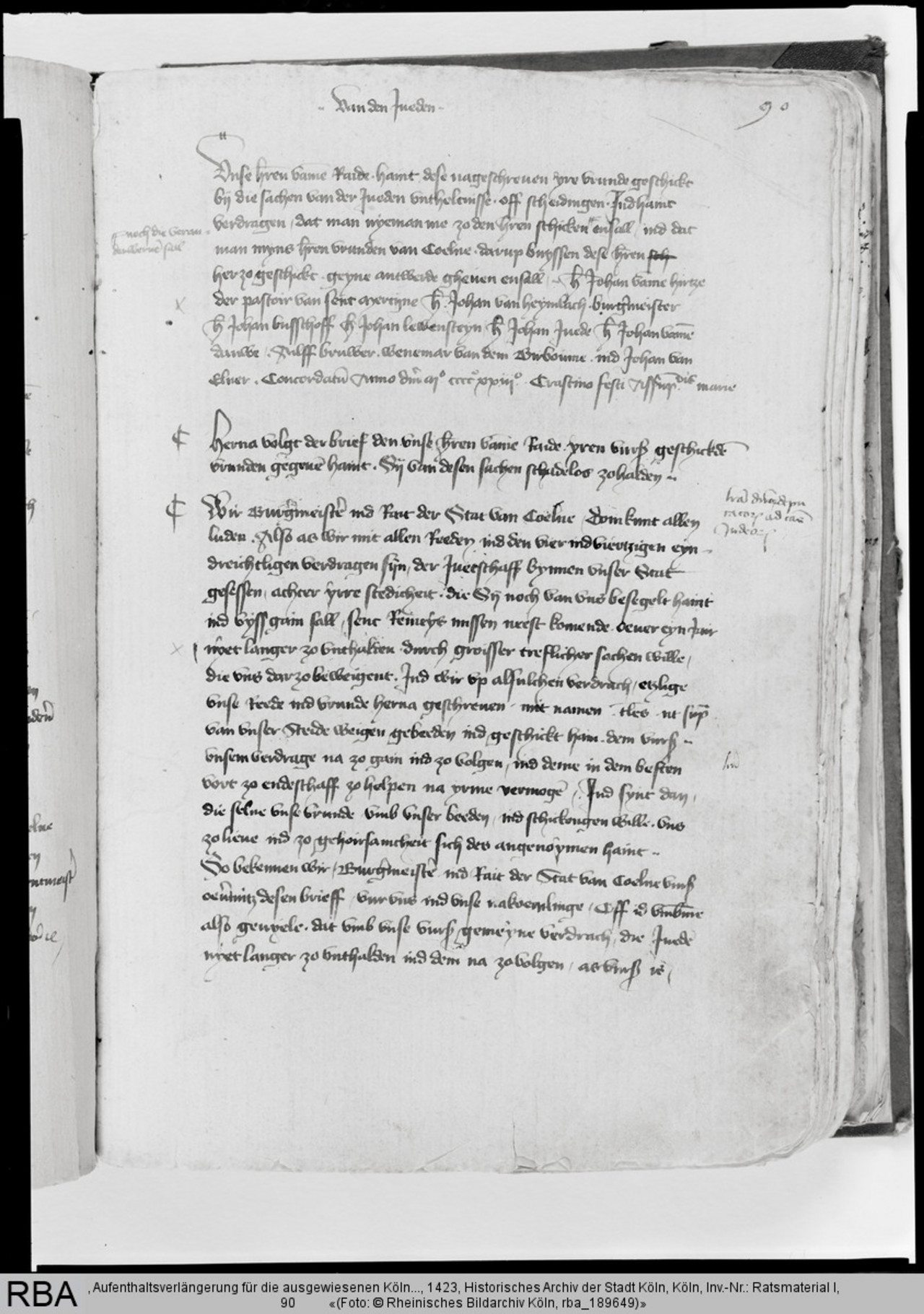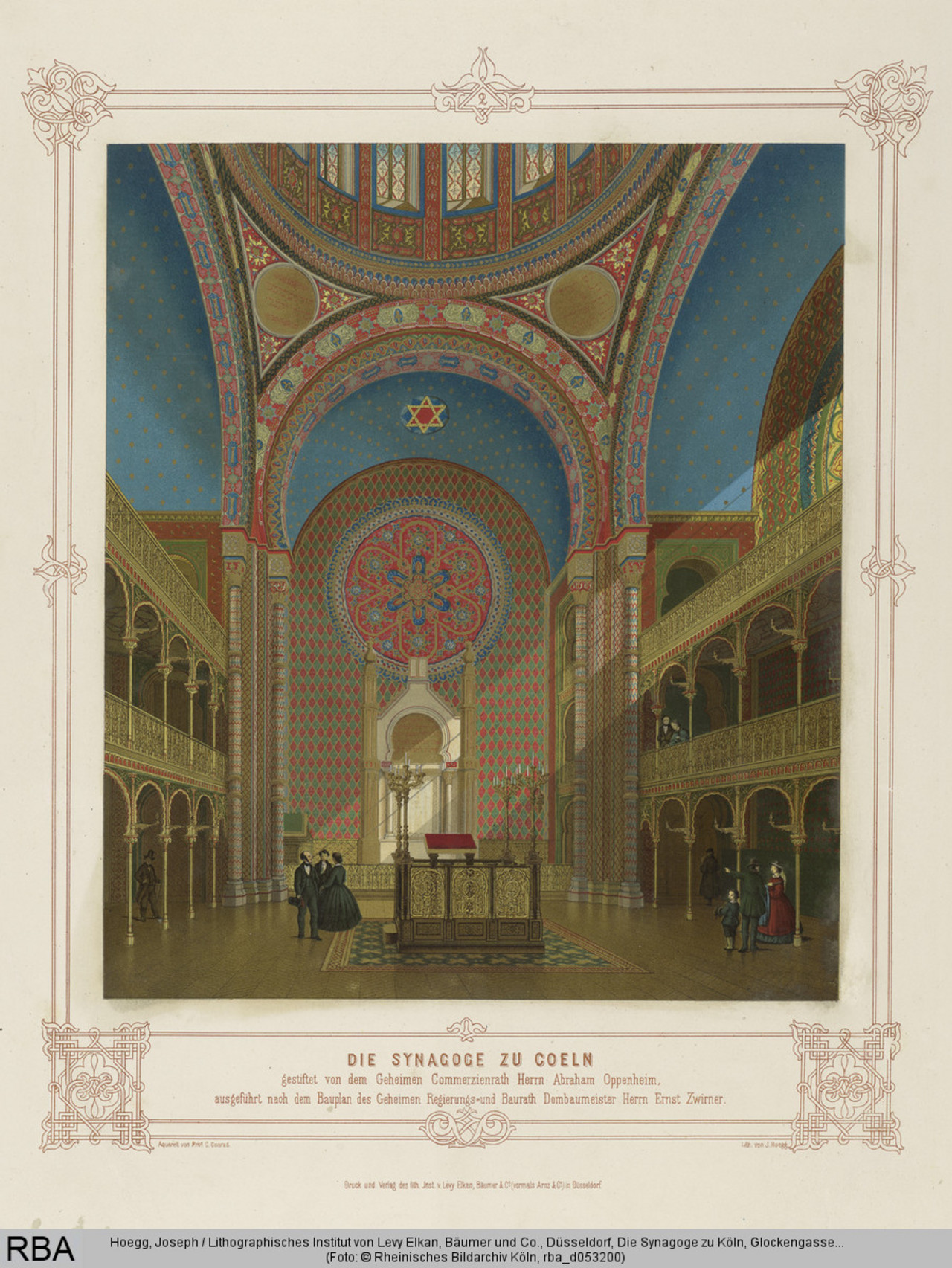Jewish History and Culture at the Martin-Buber-Institute
Jewish Studies has come a long way since Yitzhak Baer confidently proclaimed, in the introduction to his classical study of the Jews in medieval Spain, first publiushed in 1945, that "Jewish History, from its earliest beginnings to our own day, constiutes an organic unit. Each successive stage in its development reveals more fully the nature of the unique force guiding it." Since then, it has become a commonplace to insist on the plurality of Jewish experiences, of understandig Jewish history in its mutliple historical contexts, and Jewish cultures emerging in the myriad contact zones in which Jewish and non-Jewish cultures encountered one another. This, however, has led to a growing compartmentalization of Jewish Studies, where it is often local or national contexts that frame the way that scholars have approached Jewish history and culture, losing sight of the trans-national and trans-regional connections that continued to shape the Jewish experience into the present.
Research and teching at the Martin-Buber-Institute, therefore, emphasizes both the embeddedness of Jewish cultures in their diverse historical contexts, and at the same time foreground comparative approaches that explore the intersection of different Jewish cultures with one another. The institute also embraces a longue dureé approach to the research and teaching of Jewish Studies, bringing scholarship about different periods of Jewish history into conversation. Where some have critized the non-political antiquarianism of the classical approach of "Judaistik", and others lament the presentism of modern Jewish Studies, the Martin-Buber-Institute is committed to fostering conversations that bridge the divide between different historical periods and different approaches to the stuy of Jewish cultures.
Who was Martin Buber?

Founded in 1966 by Prof. Dr. Johann Maier at the University of Cologne, the Martin Buber Institute for Jewish Studies is committed to the humanist tradition of its namesake.
Martin Buber (born 1878 in Vienna, died 1965 in Jerusalem) was an Austrian-Israeli religious philosopher and humanist. Buber studied philosophy, economics, German studies, art history and psychology in Vienna, Leipzig and Zurich; in 1904 he completed his doctorate with "Zur Geschichte des Individuationsproblems. Nicolaus von Cues and Jakob Böhme". After a fruitful publishing career, he began working with Franz Rosenzweig on a translation of the Bible from Hebrew into German around 1925. Buber himself called this translation a "Germanization", as many neologisms were created in order to do justice to the Hebrew expression.
In 1930, he became an honorary professor at the University of Frankfurt, but resigned in protest immediately after Hitler came to power. In 1937, he was appointed to the University of Jerusalem, where he taught anthropology and sociology.
From 1947, he and his wife Paula Buber (née Winkler) undertook lecture tours through Europe and America. In 1955, together with Hannah Arendt, Gershom Scholem, Ernst Simon and Robert Welsch, he founded the Leo Baeck Institute in New York to preserve and research the history and culture of German-speaking Jewry. Buber died in Jerusalem in 1965.
The Martin Buber Institute for Jewish Studies not only bears Buber's name, but also provides an important source for researching his later publishing activities through its special library with over 400 letters to his publisher Lambert Schneider, manuscripts and other literary documents in original or photocopied form.

